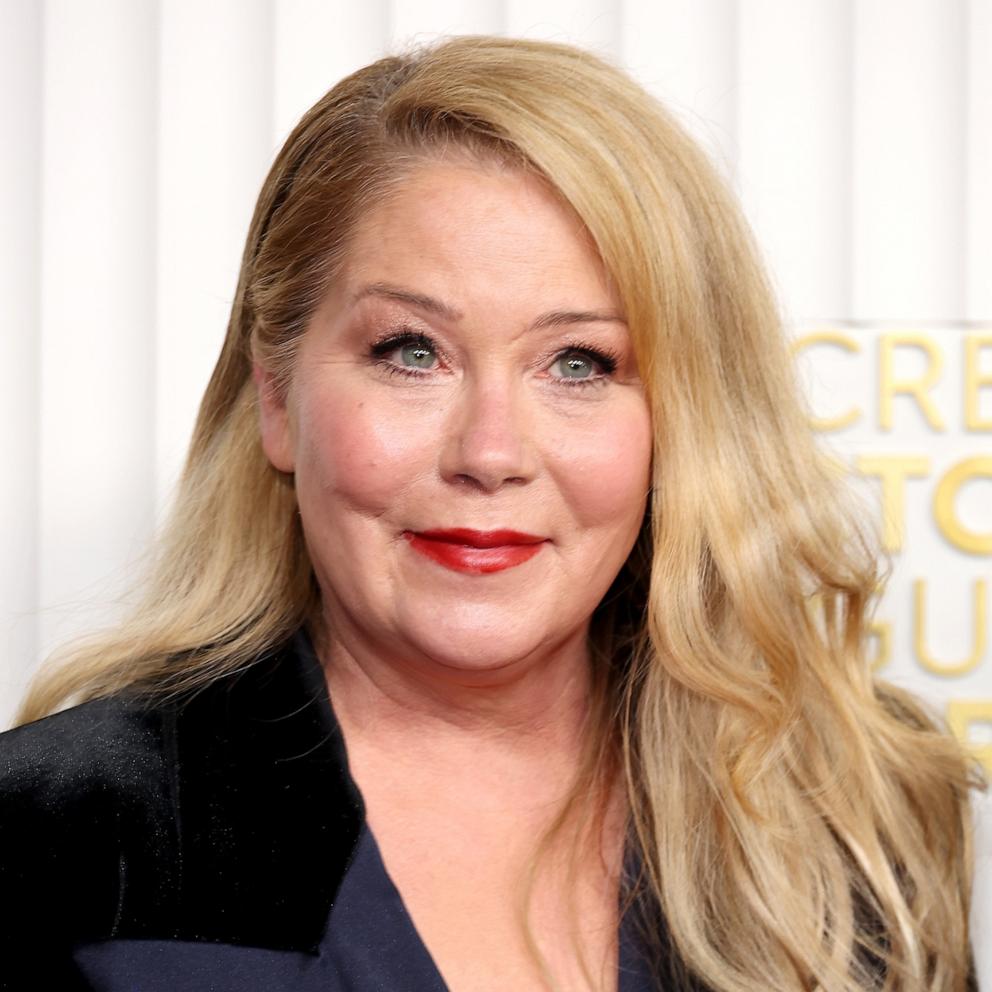'Biggest Loser' Winner Said Regaining Weight Felt 'Shameful'
— -- A former "Biggest Loser" winner said he felt "shameful" for regaining weight until a new study shed light on the difficulties of long-term weight loss.
Danny Cahill, a contestant on season 8 of the weight-loss reality show "The Biggest Loser," weighed 191 pounds at the conclusion of the show, dropping more than 200 pounds in 30 weeks.
After Cahill returned home and resumed his life, the weight started to creep back on. A study published yesterday in the medical journal Obesity Biology and Integrated Physiology followed 14 "Biggest Loser" contestants after their remarkable weight loss and found that all but one had regained weight after the show ended. Nearly all of them had slower metabolisms than before their appearances on the show.
Cahill said he he gained back 100 pounds and now has to work out three to four times as much as he did before he joined the show.
"I did feel like a million bucks for a couple years I kept the weight off completely. I wondered why others were gaining it back. I was working out two hours a day and riding my bike all over town to go where I was going," Cahill told ABC News. "Once that stopped, the weight started creeping back on."
The producers of show responded to the study in a statement given to ABC News.
"We have comprehensive procedures and support systems in place which we routinely re-evaluate to ensure all contestants receive the best care possible. The lead medical doctor on the show, who has worked with the National Institutes of Health on initiatives in the past relating to ‘The Biggest Loser,’ has been made aware of this most recent study and is in the process of evaluating its findings," the statement read.
The study found that among those who lost an extreme amount of weight, their metabolism slowed greatly and they had less of a hormone called Leptin, which regulates hunger. The contestants now have to work harder to keep the weight off than someone of the same size.
Cahill admitted that his weight gain has taken a toll mentally.
"When you gain weight back, even when you’re in school it’s shameful," said Cahill. "When you’re in front of America, then it’s 10 times as shameful."
Cahill said the study had inspired him to work harder at staying healthy.
"When we found this out we were like, 'Okay, some of it is not our fault.' It is our responsibility but some of it has to do with this science," he said, adding, "I’m going to do what David did when he tackled Goliath. I know there’s a bigger God out there that wants me to be well and I am going to do everything I can but I can’t do it all."
Dr. Holly Lofton, assistant professor of medicine and the director of medical weight management program at NYU Langone Medical Center, told ABC News that she that often prescribes FDA-approved weight-loss medications to patients after losing weight so they can control their hunger.
"Hunger is not a sign of poor willpower and it’s not a sign of cheating," Lofton said. "There’s a lot of shame and guilt at the idea that they may not be able to keep the weight off on their own without medications or devices or surgery, because that is what the environment has taught us."




